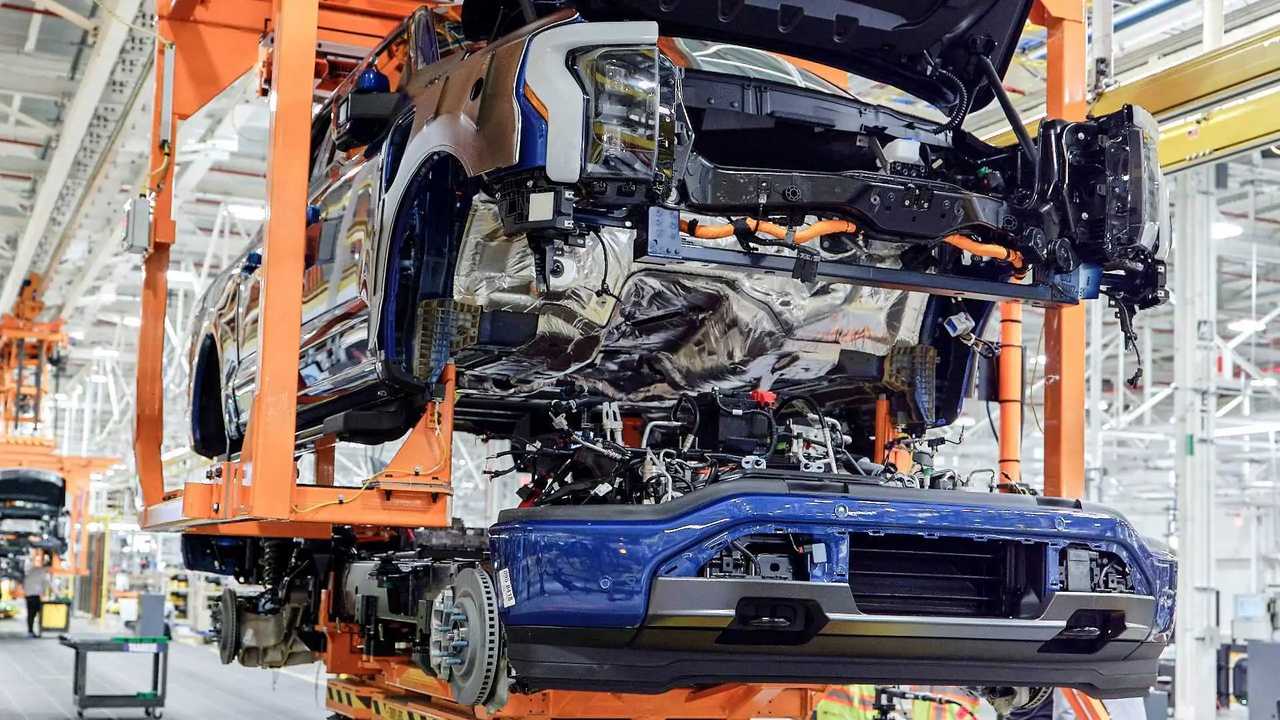
The Impact of Electric Cars on Auto Repair Shops
As electric vehicles (EVs) continue to gain in popularity, more are showing up at auto repair shops requiring maintenance services. Although this might appear negative for mechanics, there could be good news: lower maintenance costs.
Preparing to switch over to electric vehicles begins with making sure all members of the household understand how to work safely on them. Here are a few tips that should help.
1. Training
Dealerships can go beyond simply training frontline sales staff to answer consumer queries to prepare their maintenance crews for electric vehicle servicing. To this end, dealerships can upgrade technicians’ diagnostic skills and invest in high-voltage equipment necessary for powertrain troubleshooting; additionally they could partner with local energy providers and retailers to offer charging infrastructure installation services to both their customers as well as service shops.
Not all shops are prepared for the transition to electric vehicles (EVs). According to David Favre, transportation dean at Wake Tech and member of the National Alternative Fuels Training Consortium. However, despite these challenges EVs are quickly gaining momentum: with battery technology improving we should expect less vehicles with internal combustion engines on the road and more EVs appearing in service bays; eventually this shift will have profound ramifications for auto repair shops’ bottom lines; those that switch early will reap its rewards.
2. Equipment
As electric vehicles differ considerably from traditional vehicles in terms of powertrains and systems, repair shops will need to invest in high-voltage tools and safety equipment as well as purchasing diagnostic software and hardware specific for these cars as well as training on this new technology.
Some mechanics fear the rise of electric vehicles as an imminent death blow to their profession, while others see the change as an opportunity to retrain and acquire new set of skills.
As with servicing gas-powered cars, servicing electric vehicles (EVs) requires similar care and attention; for instance, their tires still need rotating, the wiper fluid replaced regularly and suspension and brake checks performed. But in many other ways, EVs require less maintenance compared to gas cars due to features like their regenerative braking systems that capture deceleration energy and use it to charge their battery; this reduces overall brake wear significantly and requires fewer moving parts since there’s no combustion engine involved – meaning less likely issues like engine breakdowns or overheating.
3. Insurance
EVs differ significantly from gasoline-powered vehicles in several ways. While they still feature traditional components like engines and transmissions, their drivetrains use electric motors powered by batteries instead. This reduces maintenance costs as there are fewer fluids to change and no spark plugs that require replacement, respectively.
Electric vehicles do boast some unique safety features that may alter liability, such as anti-lock brakes and autonomous driving systems. Furthermore, their large battery packs lower their center of gravity making them less likely to roll over.
Lithium-ion batteries may spark fire during severe crashes, though unlike gasoline-fueled fires they don’t explode and pose additional hazards to first responders as well as being more difficult to extinguish.
Due to this uniqueness, some auto repair shops may require specific insurance for each component they handle. Workers’ compensation coverage is also mandatory in many states and helps protect employees against financial fallout in case of workplace accidents.
4. Safety
Electric vehicles (EVs) present unique powertrain and electrical system challenges when it comes to repairs, making them more complex than regular cars to service and maintain. Repair shops may not have the capital or knowledge available to them to invest in this specialized field of repairs, creating more difficulty than previously.
However, auto repair shops must embrace the shift towards electric cars in order to remain relevant in an ever-evolving marketplace. Doing so offers them the chance to innovate their services to meet customer demand.
Regenerative braking services could also be offered at shops; this allows vehicles to reduce wear by charging the battery when slowing down, which provides an environmentally-friendly alternative to simply replacing mechanical brake pads.
Electric vehicles are set to dominate the automotive industry in the near future. Thanks to increasing consumer investment in this technology, more cars on the road may soon be electric. To stay relevant in this new age of mobility and repair shops must prepare accordingly with training, equipment and marketing strategies tailored towards this change.



Average Rating